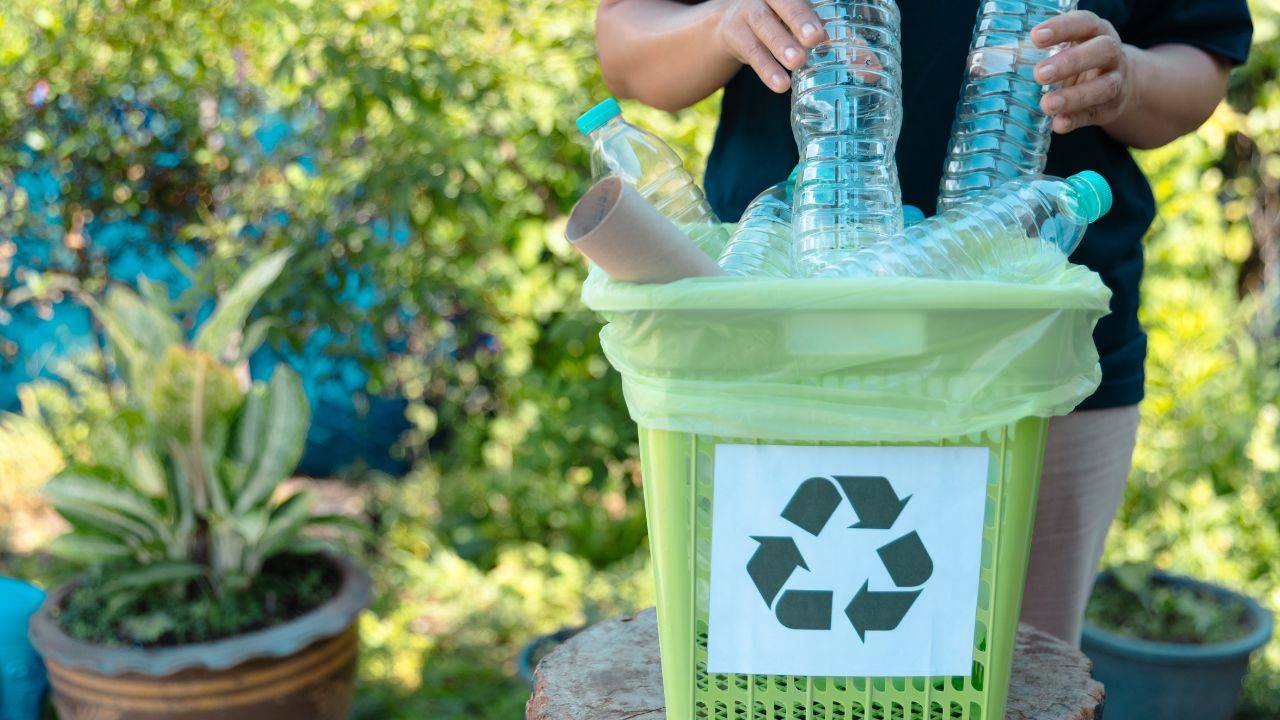A new super enzyme shows promising signs to help deal with one of the biggest polluting household wastes.
CNN has reported how big the problem of plastic waste really is with some staggering numbers.
“Plastic pollution is one of the most pressing environmental issues. A recent report from The Pew Charitable Trusts projected the volume of plastic entering the ocean could nearly triple to 29 million metric tons per year by 2040 — the equivalent of 50 kilograms for every meter of the planet’s coastline.”
One solution to dealing with plastic is to use enzymes that feed on common plastic materials in drink bottles and other food wrappings.
But speed is the problem when it comes to plastic waste. There is so much of it that waste management has struggled to keep up with the supply.
A new scientific breakthrough could bring a much-needed solution by speeding up the process up to 6-fold.
Even the scientists working on the project were surprised by the results, and they are hopeful that this will result in more research funding to make this process commercially viable.


